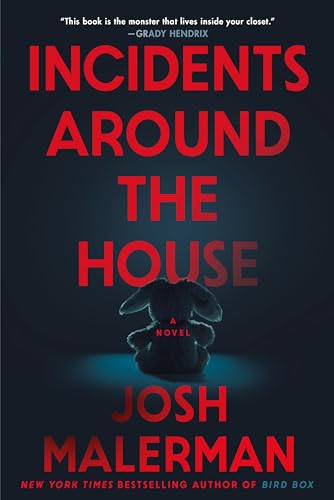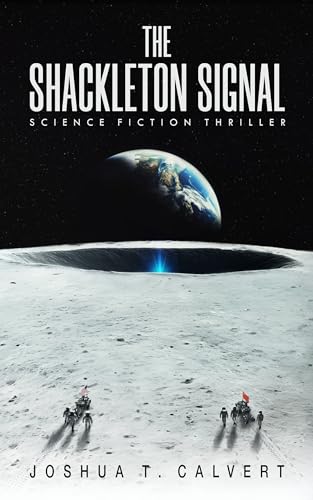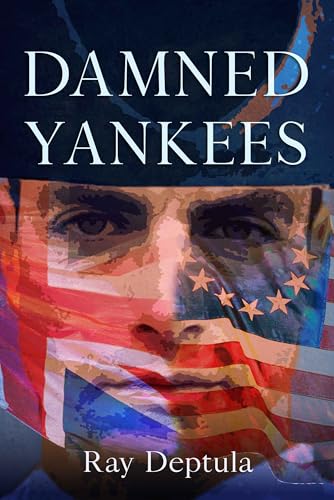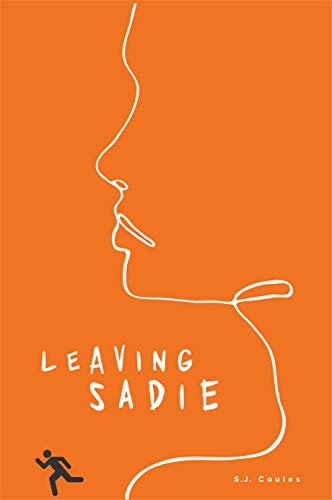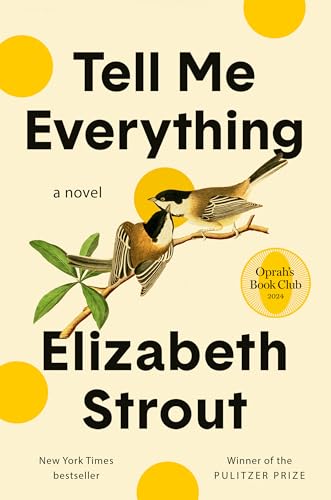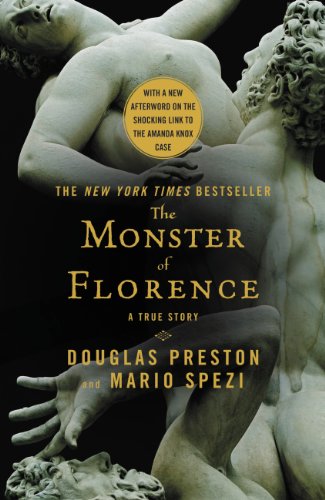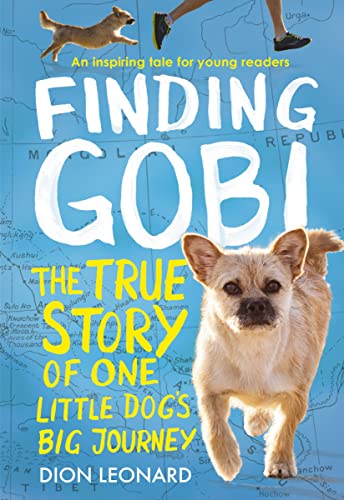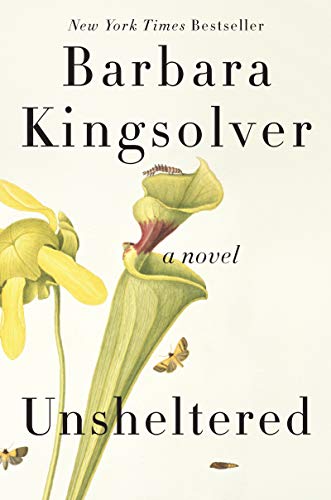Other bloggers and journalists have joined Amazon’s own press office this week in making a big deal of Amazon’s “brand new” initiative called “Kindle Singles,” and I think it’s a big deal, too.
But brand new? Not so much.
First, let’s take a straight-on look at Amazon’s press release announcement of Kindle Singles, on Wednesday, January 26: Priced between $0.99 and $4.99, at a length “typically between 5,000 and 30,000 words, each Kindle Single is intended to allow a single killer idea — well researched, well argued and well illustrated — to be expressed at its natural length.” Nothing cheesy about that, right?
And despite grousing from some quarters that Kindle Singles are just a way to increase the cost-per-word for Kindle customers (I disagree), the initial launch of 22 Kindle Singles titles has done very well. The day after launch various Kindle Singles offerings dominated the Kindle Store’s Movers and Shakers list, and as of Saturday afternoon January 29 all 22 titles were in the Kindle Store’s overall top 4,000, 16 were in the top 1,000, and two are in the top 100. That’s actually a brilliant launch for such a diverse array of 22 titles by authors who, with a few notable exceptions like Jodi Picoult and Pete Hamill, are not bestsellers.
But here’s what I found a little amusing:
Amazon has been down a path very similar to this one before, almost exactly a year ago. On January 25, 2010, Amazon issued a press release for a new venture called “Harvard Business Review Short Cuts.” There are differences, of course. Few of the Short Cuts authors had any name recognition at all, their Short Cuts were nothing more than repurposed chapters, and they were all priced at $3.99 each. Even though Amazon says that Kindle Singles will be “priced between $0.99 and $4.99,” all 22 of the initial offerings are priced between $0.99 and $2.99, and the average price is just $2.22. They are a diverse group of offerings, topics, and genres, and many of the authors are well-known in one field or another.
At the earlier $3.99 price point, the “Harvard Business Review Short Cuts” program was a pretty dismal failure. Indeed, back on July 12, 2010 the program was Exhibit A for my post entitled “Pricing to Fail: Case Studies in Dumb Pricing – Harvard Business Review Short Cuts, the Irrelevance of Cost Issues,” in which I described the program’s January 2010 launch and then wrote:
Six months later, the initiative looks like a failure, despite heavy promotion by Amazon and the valuable imprimatur of the Harvard Business Review Press. Most of the titles are languishing far out the “long tail” in Kindle Store sales rankings, i.e., over 70,000 in most cases. Part of the problem, it seems likely, is that the “Short Cuts” series is overpriced, with a list price currently set at $3.99, discounted 20 percent by Amazon to $3.16. Even at $2.99, a reader wanting to work through all eight to 12 chapters of the full books from which these short-form ebooks are drawn would have to shell out roughly $25 to $35. One would think that anyone with the wherewithal to be able to digest Harvard Business School materials with his morning coffee would also be capable of the number-crunching necessary to determine that the convenience of bite-size ebook chapters is more than offset by the high price. At $1.49 to $1.99 each, “Short Cuts” might well be a winning proposition.
So, kudos to Amazon, for it is clear that they went to school on the pricing issues that made the Harvard collaboration a loser and came back with the combination of content and pricing required to make Kindle Singles a brilliant success. Here are the first 22 offerings, with introductory text from Amazon:
Each Kindle Single presents a compelling idea–well researched, well argued, and well illustrated–expressed at its natural length. From an elaborate bank heist in Lifted, to Congolese rebel camps in The Invisible Enemy, to Jodi Picoult’s moving portrayal of family in Leaving Home
, they offer nuanced journeys of both fact and fiction. This first set of Singles was selected by our team of editors, and includes works by Rich Cohen, Pete Hamill, and Darin Strauss. We hope you enjoy reading them as much as we have.
The Real Lebowski
by Rich Cohen. He wrote the first draft of Apocalypse Now. He discovered Arnold Schwarzenegger. He wrote Clint Eastwood’s “Go ahead, make my day.” The Vanity Fair writer and author of Sweet and Low trails tough-guy screenwriter/director John Milius as he fights to find his place in a transformed and unwelcoming movie business.
$2.99The Invisible Enemy by Jonathan Littell. On assignment from Le Monde, the acclaimed novelist (The Kindly Ones) chronicles a forgotten war–the Lord’s Resistance Army’s terrorist campaign in Congo–and its devastating effect on innocent families.
$1.99Leaving Home: Short Pieces
by Jodi Picoult. The deep pains and powerful pleasures of parenting: those are the extremes explored here by the extraordinary novelist Jodi Picoult. In three short pieces that display her wide emotional range, Picoult weaves together stories of love and loss with heartbreaking simplicity.
$2.99They Are Us
by Pete Hamill. From the eminent journalist and novelist comes a common-sense plea for a new immigration policy, one that asks America to embrace its illegal-alien population, not condemn it. Hamill advocates a fresh look at amnesty and pardon policies, offering illegal immigrants a “hand of welcome.”
$0.99Octomom and the Politics of Babies
by Mark Greif. Eight babies. A financial crash. The porn offers. The infant formula. How one woman became a scapegoat for America’s troubles–but taught us how both the mighty and the powerless are gaming our system. This comic, provocative, wittily argued essay from n+1 suggests that the real meaning of Octomom reflects the way we all live now.
$1.99Lifted
by Evan Ratliff . The thieves had a handpicked crew, a stolen helicopter, a cache of explosives, and a plan to rob a $150-million cash repository. The Stockholm police had a tip-off. Ratliff, a writer for Wired and The New Yorker, recounts the inside story of an audacious 2009 bank heist, and the race to solve it.
$1.99Pakistan and the Mumbai Attacks: The Untold Story
by Sebastian Rotella/ProPublica. The latest reporting from ProPublica, the Pulitzer Prize-winning investigative newsroom, reports on the U.S. investigation of the 2008 terrorist attack on Mumbai and provides a detailed picture of the ties between Pakistan’s intelligence service and a leading militant group.
$0.99Darkstar
by Christopher R. Howard. In this pre-apocalyptic love story, Sailor, a homeless Irish teenager who’s haunted by a diabolical voice, seeks to reunite with a soul mate he hasn’t seen since boyhood, as a cosmic event threatens to extinguish life on Earth. Howard’s fiction has appeared in McSweeney’s, and his first novel, Tea of Ulaanbaatar, comes out this May.
$2.99How To Not Succeed In Show Business By Really Trying
by Claudia Lonow. The road from Knots Landing actress to success as a Hollywood TV writer proved a bit bumpy for Claudia Lonow. It involved a high school crush accused of murder, includes unfortunate professional encounters with Michael Keaton and Mary Tyler Moore, and culminates in a boyfriend-bonding experience at a Van Nuys sex club.
$1.99Long Island Shaolin
by Darin Strauss. Karate belts are for losers. So novelist (and 2010 National Book Critics Circle Award finalist for his memoir, Half a Life) Darin Strauss discovered as a teenager growing up on Long Island, during a brief brush with Kung-fu mastery, suburban-style. One handy lesson learned: if two lions meet, they don’t have to fight.
$1.99Rescuing Evil: What We Lose
by Ron Rosenbaum. The author of Explaining Hitler and the forthcoming How the End Begins explores the controversial use of the term “evil,” in a provocative analysis that leads from Hitler to a psycho serial-killer cabbie in London. Rosenbaum makes a powerful case for the connection between evil and free will.
$1.99Chinese Dreams
by Anand Giridharadas. After six years exploring his parents’ native India, Anand Giridharadas–a young technology columnist for the New York Times and International Herald Tribune and author of India Calling–returns to China to measure a vast, troubled nation’s accomplishments and dreams.
$2.99The $500 Diet
by Ian Ayres. What if every pound you lost also saved you some hard-earned cash? When Ian Ayres, a law professor at Yale, wanted to drop from 205 pounds to 180, he put his money where his mouth was. And it worked. The author of Carrots and Sticks
shares his unique, incentive-based plan for losing weight.
$2.99Piano Demon: The globetrotting, gin-soaked, too-short life of Teddy Weatherford, the Chicago jazzman who conquered Asia
by Brendan I. Koerner. At age six, Teddy Weatherford was working in a Virginia coal mine. Two decades later, he was the jazz king of Asia. Koerner, a Wired contributing editor and author of Now the Hell Will Start, tells how a piano legend in a sharkskin suit lived the American Dream by leaving it behind.
$1.99Journey to the Edge of the Light: A Story of Love, Leukemia and Transformation
by Cristina Nehring. At what should have been one of the happiest moments of her life–on the eve of a rave review of her 2009 book, A Vindication of Love, on the cover of the New York Times Book Review–Cristina Nehring learned that her young daughter had leukemia. There began a journey through the medical world, and into her little girl’s heart.
$1.99Beware Dangerism!
by Gever Tulley. Don’t let your kids climb on a jungle gym, eat bugs, or lick batteries. These are just a few of the standard-issue warnings that Gever Tulley, co-founder of the Tinkering School, tells us to ignore in this counter-intuitive essay. His basic message is both empowering and fun: Do try this at home.
$2.99Reboot-enanny
by Rebecca Huval. A young woman with dreams of a songwriting career finds friendship–and an audience–among a group of 1960s folk musicians who still live and thrive right where it all began, in Greenwich Village.
$0.99The Business of Media by Larry Dignan. For journalism students, writers, and aspiring media moguls everywhere–a guide to navigating the brave new world of the media, circa 2011. Larry Dignan, editor in chief of ZDNet, parses the past and forecasts the future for a media universe that seems to re-invent itself almost daily.
$2.99The Dead Women of Juárez
by Robert Andrew Powell. It sounded like one of the great murder mysteries of our time: who was killing the women of Juárez? Journalist Robert Andrew Powell went to the Mexican border town to investigate, and separates fact from myth in a saga that eerily echoes the plot of Roberto Bolaño’s epic novel 2666.
$1.99Days of Thunder
by Thorsten Schier. Ever hear of the New York Thunder? Didn’t think so. They’re New York’s number-two pro basketball team. Maybe you should try rooting for them. They could use the help. Thorsten Schier spends a season inside the (rented) Thunder locker room.
$0.99The Happiness Manifesto
by Nic Marks. Modern research proves the ancient wisdom that “money can’t buy you happiness.” But then why do our governments see their main task as simply growing GDP? Nic Marks, the founder of the London-based Centre for Well-Being, sets out an ingenious new way of defining national goals, and in the process reveals five ways people can nurture their own happiness.
$2.99Homo Evolutis
by Juan Enriquez and Steve Gullans. Enriquez and Gullans–two eminent authors, researchers, and entrepreneurs–explore a world where humans increasingly shape their environment, their own selves, and other species. They envision a future in which humankind becomes a new species, one which directly and deliberately controls its own evolution and that of many other species. One of the inaugural TEDBooks.
$2.99

